Log in or create new account to save this product to your wishlist.
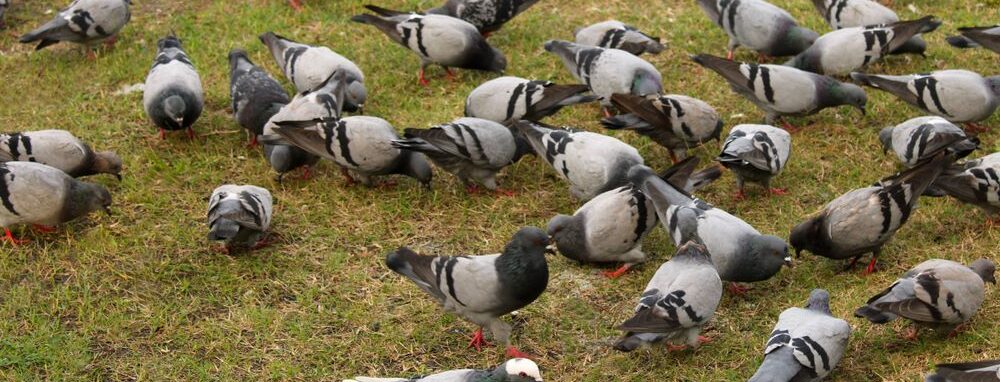
How to stop birds from eating grass seed: handy hacks and tips
Birds eating grass seed is a bit of a nightmare, leaving a patchy lawn and wasting your cash. Find out how to deter them!
🌱 All important maintenance moments for your lawn during the year. Leave your email and we will send you the lawn calendar for free.
Enter your email
Receive the lawn calendar in the mail
Enjoy a green lawn all year round!

- Order by 2PM = shipped today
- 250.000+ satisfied customers!
- 60 day satisfaction guarantee
You’ve invested in high-quality grass seed, prepared the ground, and sown the seed according to the instructions. Great – job done; put your feet up, and watch your lawn spring back to life.
- Why should you overseed each year?
- What Kinds of Birds Eat Grass Seeds?
- How to Stop Birds from Eating Grass Seed
- Grass Seed Varieties That Birds Won’t Touch
- How to Protect Your Grass Seeds from Birds
- Tips for Keeping Birds Away from Your Grass Seeds
- FAQs
But then you return a couple of hours later to discover that those pesky birds have had a feast at your expense! It’s time to plan how to stop birds from eating your grass seed!
Indeed, one of the biggest challenges with new grass seed is dealing with birds, which can eat up your seed in no time, leaving you with a patchy and uneven lawn. In this guide, we will discuss how you can keep birds from eating grass seeds.
Why should you overseed each year?
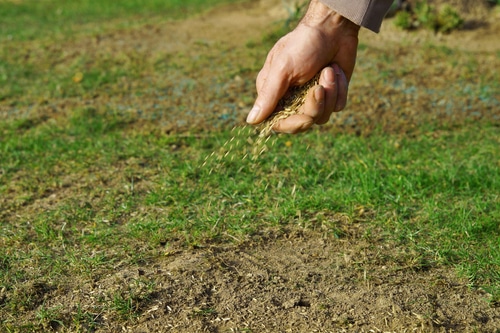
A young lawn is a healthy one, and the best way to keep your turf youthful and vital is to overseed each year.
Overseeding is the process of laying grass seed over the top of your existing lawn, especially in bald or thinning spots, to help bring vitality back to your lawn.
It’s wise to overseed in the following cases:
- After scarifying — your lawn will look thin and battered, so it’s the best time to add fresh grass seed to help your turf bounce back.
- Your grass looks depleted after the winter
- There are yellow or dying spots in your existing lawn
Alternatively, you might consider sowing a new lawn from scratch.
However:
Birds love to eat grass seeds; if you’re not careful, they can quickly devour your entire lawn. But don’t worry – there are many ways of keeping birds from eating your grass seeds.
What Kinds of Birds Eat Grass Seeds?
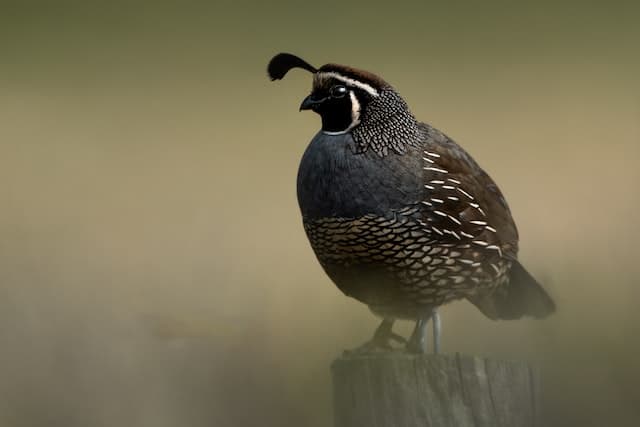
Some birds are more common in certain regions of the country, but the most common birds that eat grass seeds are:
- Quails (mainly in Dorset, East Anglia, the Welsh Marches, and across the south of England and Wiltshire)
- Doves and pigeons
- Sparrows
- Finches
- Starlings
These birds are all voracious seed-eaters and will happily devour your grass seeds if they can. Quails, particularly, are fond of grass seeds and can feast on them in large amounts until none are remaining.
It’s also important to note that other birds, such as crows and jays, may also be attracted to your lawn if they sense that grass seeds are present. However, they’re unlikely to eat your seeds, but they may still be a nuisance.
How to Stop Birds from Eating Grass Seed
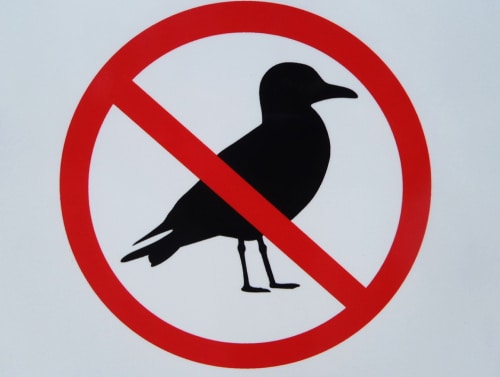
The most effective method to stop birds from eating grass seed is erecting mesh, netting, or bird-proof fencing around your lawn. Mesh will keep birds away because they won’t be able to land, so they’ll fly off in search of other pastures.
There are several other ways of deterring birds, including:
Hang CDs/tin foil across the lawn
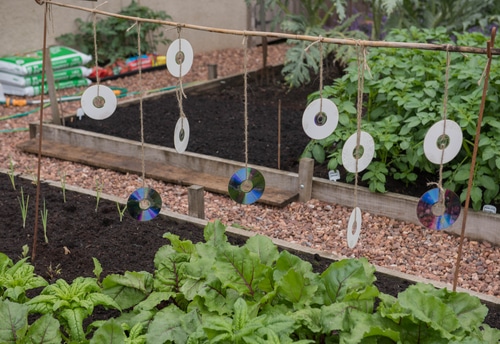
Erect a long length of string diagonally across your lawn, attaching it to fence posts or trees. Then, thread old CDs (tying or sticking them in place) a metre apart along the length of the string.
If you don’t have old CDs, you could twist tin foil along the string, leaving it loose and with as large a surface area as possible.
The CDs and/or foil will sway in the wind, casting reflective light across your lawn, which birds find off-putting, deterring them from landing.
Create two to three reflective strings across more extensive lawns for best results. For a 70m² plot, set up lines around 1-2m apart.
Scare birds away with sound
Play a recording of birds of prey during the morning and early evening when birds are most active to deter hungry birds.
This approach is probably not ideal (for your neighbours!) if you live in a highly populated area, but it works well if you live in the countryside.
Fake birds of prey
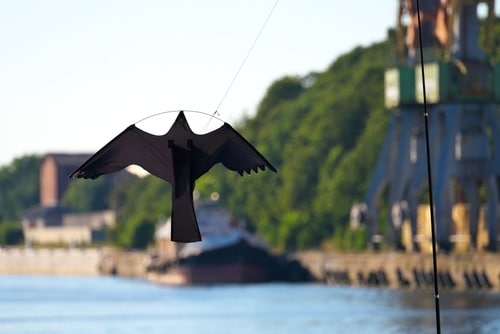
You can buy fake, ornamental birds of prey from garden centres. They make attractive garden ornaments, but they’ll also trick hungry birds from eating your grass seed.
However, this can deter birds all year round, and you probably want to welcome them back once your seeds have germinated, but you could use this as an effective temporary measure.
Alternatively, you could go old-skool and build yourself a scarecrow.
Grass Seed Varieties That Birds Won’t Touch
Certain types of grass seeds are less attractive to birds than others.
For example, many types of ryegrass and perennial ryegrass are less attractive to birds than other types of grasses. Similarly, some types of fescue are also less attractive to birds.
If you’re looking for a way to deter birds from your lawn without using bird-proof fencing or noise deterrents, these types of grass seed can be a good option.
-
Premium Lawn Grass Seed
In stock
15.99- Order by 2PM = shipped today
- 250.000+ satisfied customers!
- 60 day satisfaction guarantee
-
Sports & Fun Grass Seed
In stock
13.99- Order by 2PM = shipped today
- 250.000+ satisfied customers!
- 60 day satisfaction guarantee
-
Quick Repair Grass Seed
In stock
12.99- Order by 2PM = shipped today
- 250.000+ satisfied customers!
- 60 day satisfaction guarantee
How to Protect Your Grass Seeds from Birds
If you’ve already planted your grass seeds and are worried about birds eating them, there are a few steps you can follow to protect them.
One option is to cover the seeds with a thin layer of soil or sand. This will help keep the seeds from being exposed to birds while germinating.
Alternatively, cover your seeds with straw. However, don’t add too much, and remove it when the seeds have germinated, or the straw layer will block out the light, which will stunt growth.
Tips for Keeping Birds Away from Your Grass Seeds
Here are a few tips for keeping birds away from your grass seeds:
- Plant your grass seeds in the late evening or early morning when birds are less active.
- Use netting or other bird-proof fencing to keep birds away from your lawn.
- Use a decoy. Pile up some seed at the side of your lawn. That way, the birds will eat there (and hopefully avoid your grass). Best used with other deterrents, such as netting.
- Use noise deterrents like sound machines to deter birds from your lawn.
- Plant grass seed varieties that birds are less attracted to, such as ryegrass or fescue.
Any questions?
Keeping birds away from your grass seeds is a key part of maintaining a healthy and attractive lawn. Fortunately, you can use various methods to keep birds from eating your grass seeds, such as netting and bird-proof bird feeders.
You can also plant grass seed varieties that birds are less attracted to, such as ryegrass and fescue.
Finally, you can use noise deterrents, such as sound machines, to keep birds away from your lawn.
Get in touch if you have any questions!
FAQs
There are various ways to protect newly sown grass seed from bird attacks. Consider laying out netting or mesh across your lawn’s surface or string CDs or tin foil from one end of your yard to the other. Mesh will stop birds from landing, and the light reflected from the CDs will cause birds to find other places to feed.
Yes. The most common culprits are sparrows, finches, starlings, and pigeons. Protect your newly sown grass seed with mesh or netting, or cover your seed with a thin layer of compost.
It’s mainly small birds that feast on your grass seed, so buy a fake bird of prey and sit it in pride of place in the centre of your lawn while your seeds are germinating. This will deter all small birds. Alternatively, play bird of prey sounds in the early morning and evening, when birds are most active. That will keep them away as well.
-
How to Build a DIY Greenhouse: A Practical Guide for Smart SpendersImagine extending your growing season throughout the year, nurturing tender plants regardless of the weather, and creating a personal garden sanctuary. This is precisely what a DIY greenhouse offers you. Let’s learn how to build one.Read more
-
How to Grow Eucalyptus in British GardensWith a little love and care, eucalyptus trees can thrive in English gardens. Since they don’t germinate well without proper help, there are not considered invasive. So, there is no reason not to plant them if you enjoy their looks.Read more
-
Transform Your Garden with All-Year-Round Flowering PlantsDid you know you can enjoy blooming flowers even in January? With the right selection of all year round plants, there’s no need to wait until spring to add some colour to your garden.Read more
-
How to Create a Butterfly Garden: A Simple Guide for British GardensThe UK's butterfly population includes 59 different species. These beautiful winged creatures face a steady decline because of habitat loss, pollution and changing weather patterns. Your garden can become a vital link between nature reserves and natural habitats. Let’s explore how.Read more
-
Volcanic Rock Dust for Your Garden—Application and TipsDid you know that volcanic rock dust is a brilliant organic soil improver? This article explains exactly what it's good for and how to use it properly.Read more
-
How to Use Landscape Fabric ProperlyIf weeds or erosion in your garden are troubling you, landscape fabric might be the solution. We’ll explain how and when to use it properly, just keep on reading.Read more
-
Hostas: A Complete Care GuideIf you have a north-facing garden or some shady corners on your property, hostas are the plants for you. These green delights thrive particularly well in partial to full shade and require consistently moist soil to perform at their best.Read more
-
How to Grow Grapes in Your Garden: A Simple Step-by-Step GuideGrapevines produce some tasty fruits, but often they are simply grown for their gorgeous leaves. Whatever your motivation may be, we have a guide on how to grow grapes for you.Read more
Leave a comment
Your answer will be displayed on the site and the interested party will be notified by email.
Leave a comment
Have a question or want to share your experience? Leave us a comment.
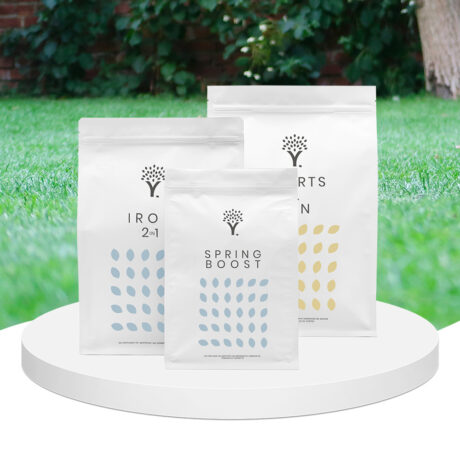
- Order by 2PM = shipped today
- 250.000+ satisfied customers!
- 60 day satisfaction guarantee
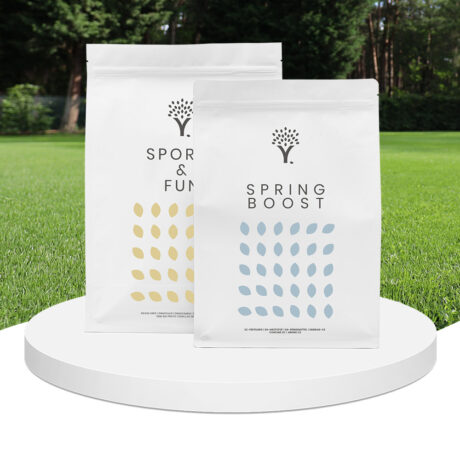
- Order by 2PM = shipped today
- 250.000+ satisfied customers!
- 60 day satisfaction guarantee
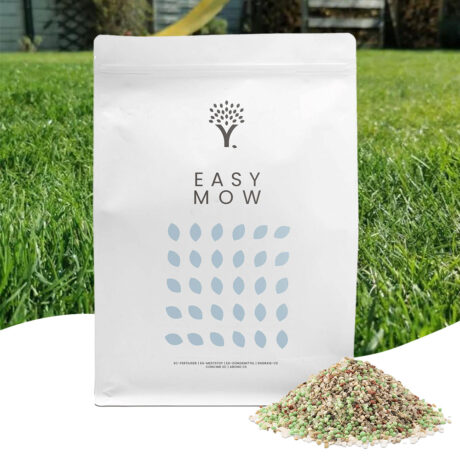
- Order by 2PM = shipped today
- 250.000+ satisfied customers!
- 60 day satisfaction guarantee

🌱 All important maintenance moments for your lawn during the year. Leave your email and we will send you the lawn calendar for free.
Enter your email
Receive the lawn calendar in the mail
Enjoy a green lawn all year round!



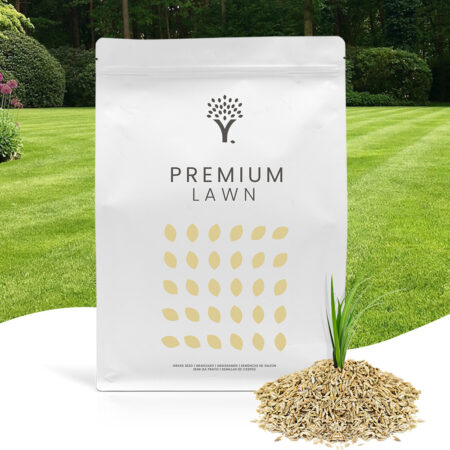
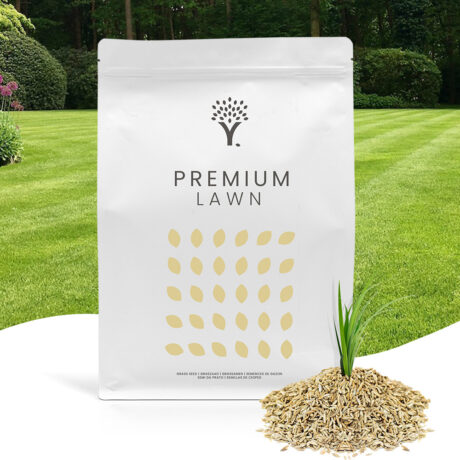
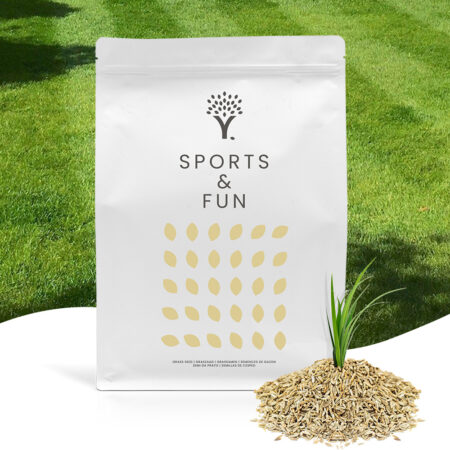
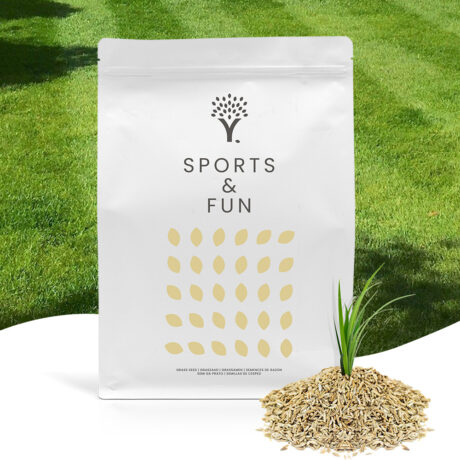
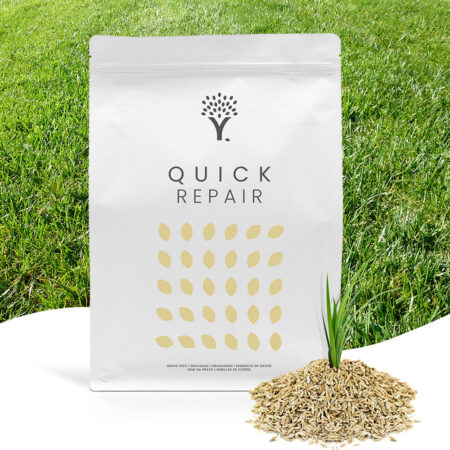
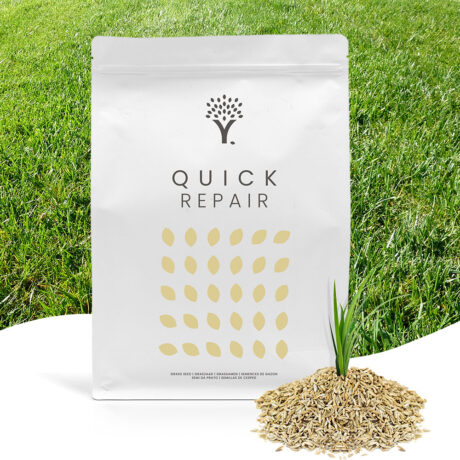



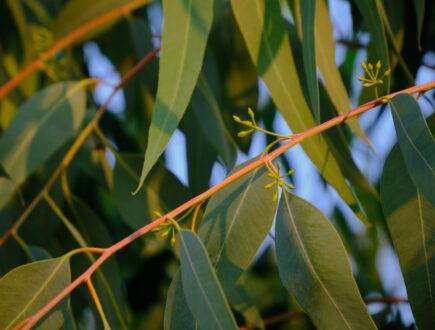
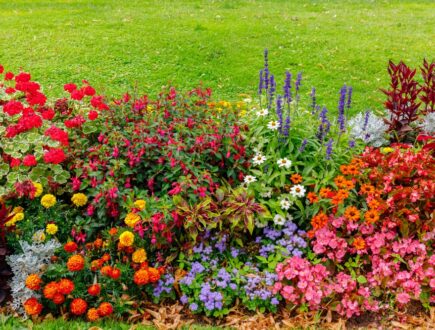
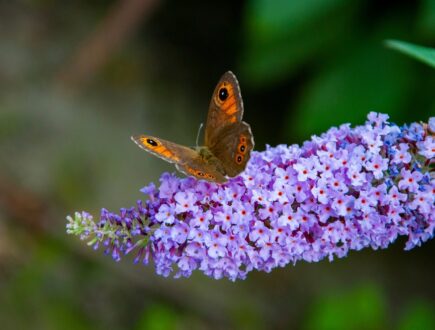


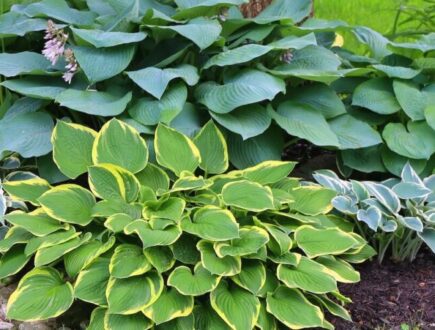

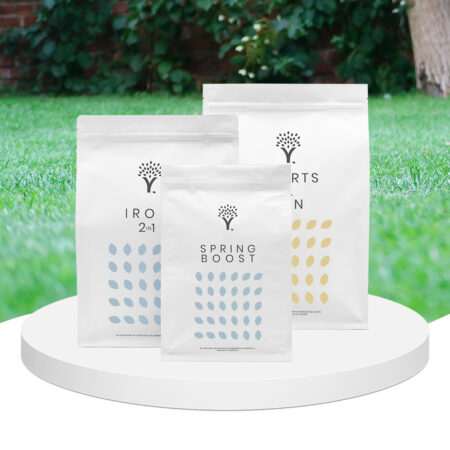
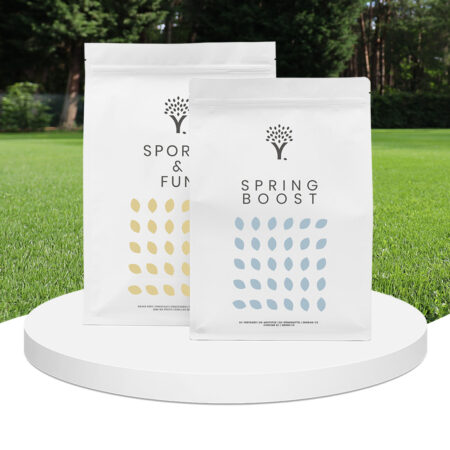
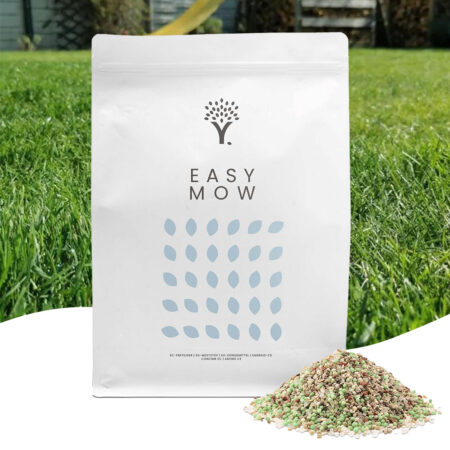

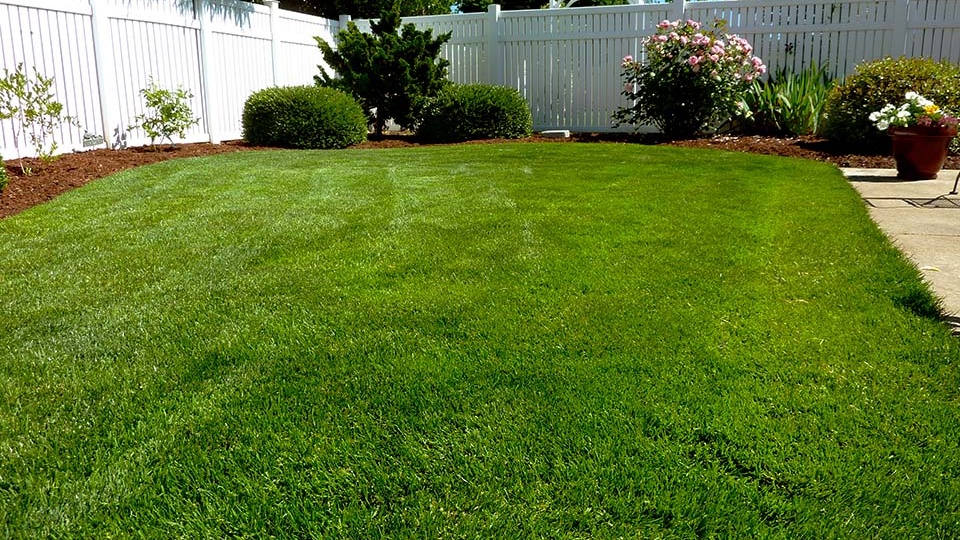
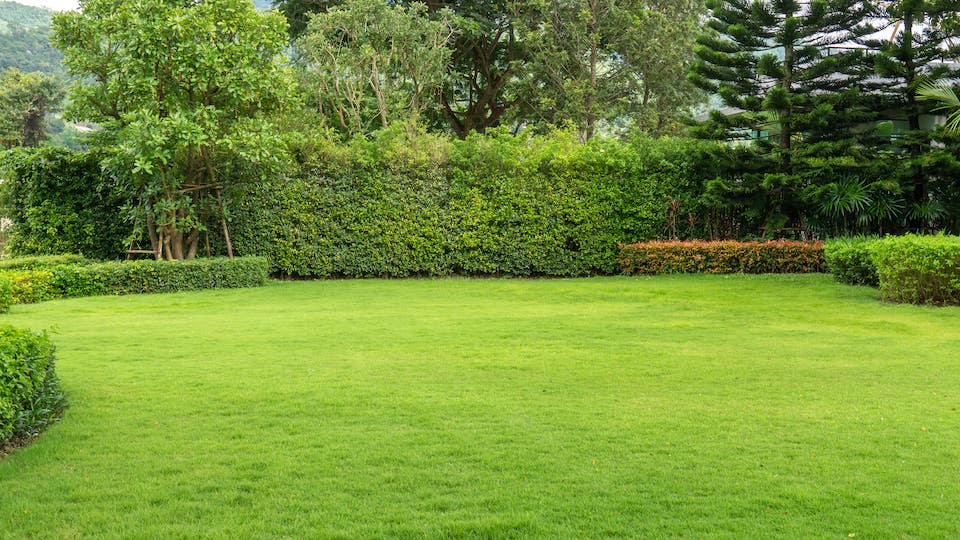
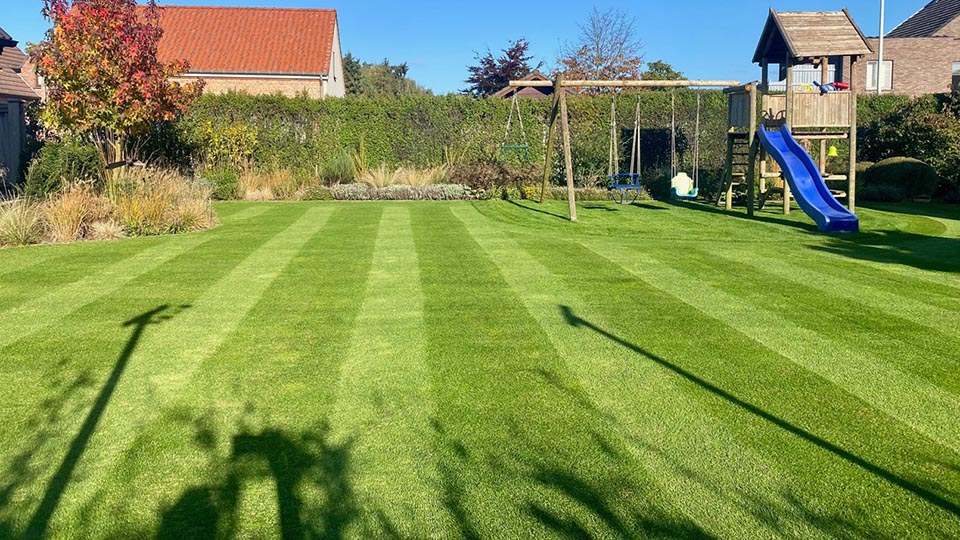

Comments (0)
There are no comments yet. Well then, what are you waiting for to
Be the first to write your comment!inaugurate this pretty page?
Do you have some comments?